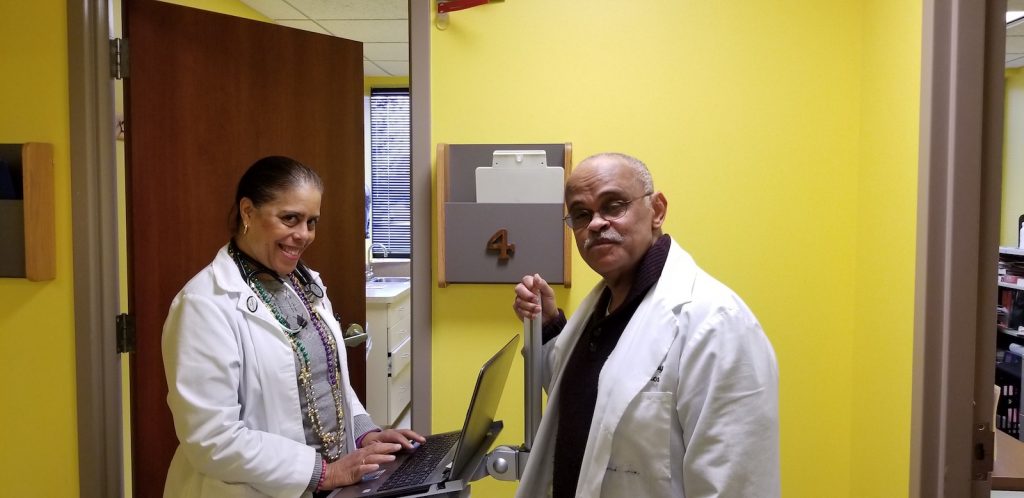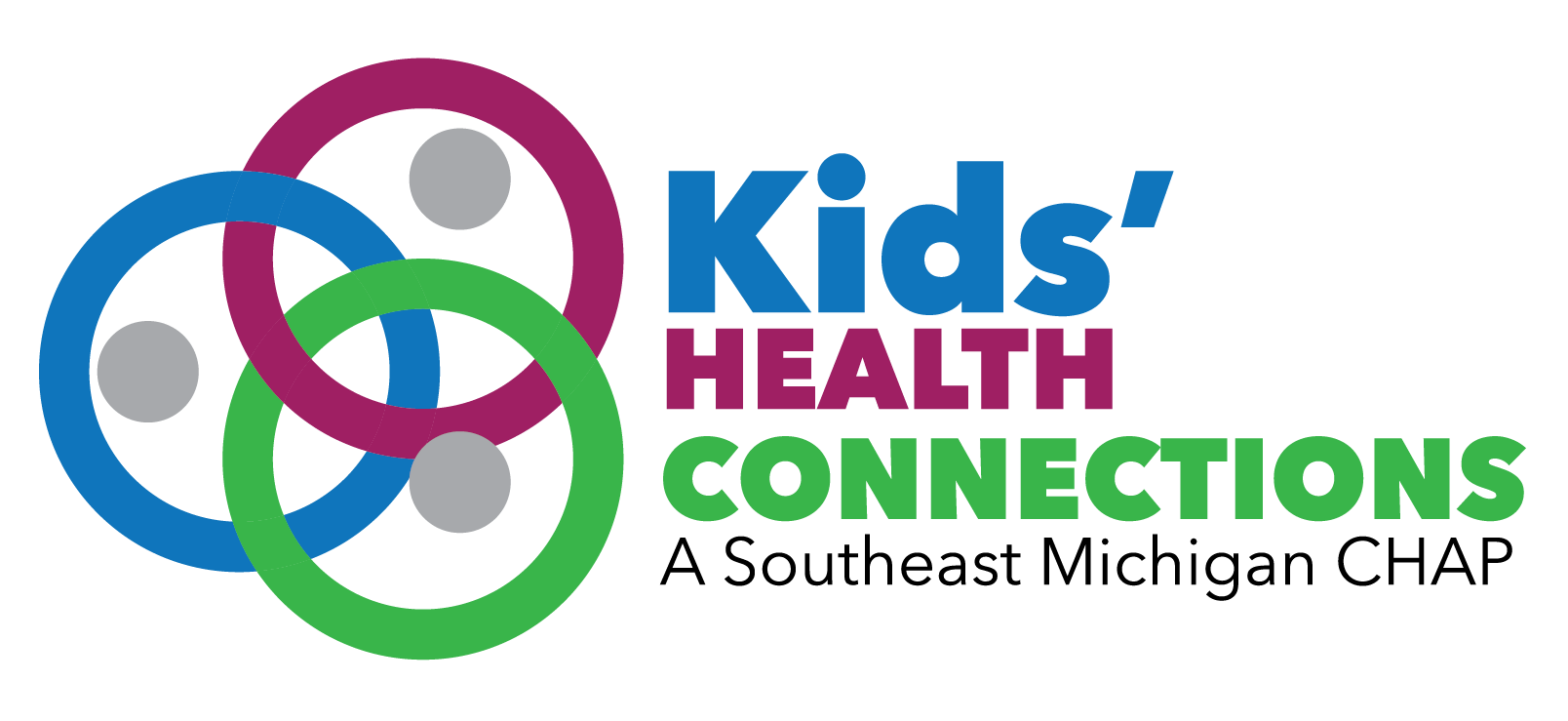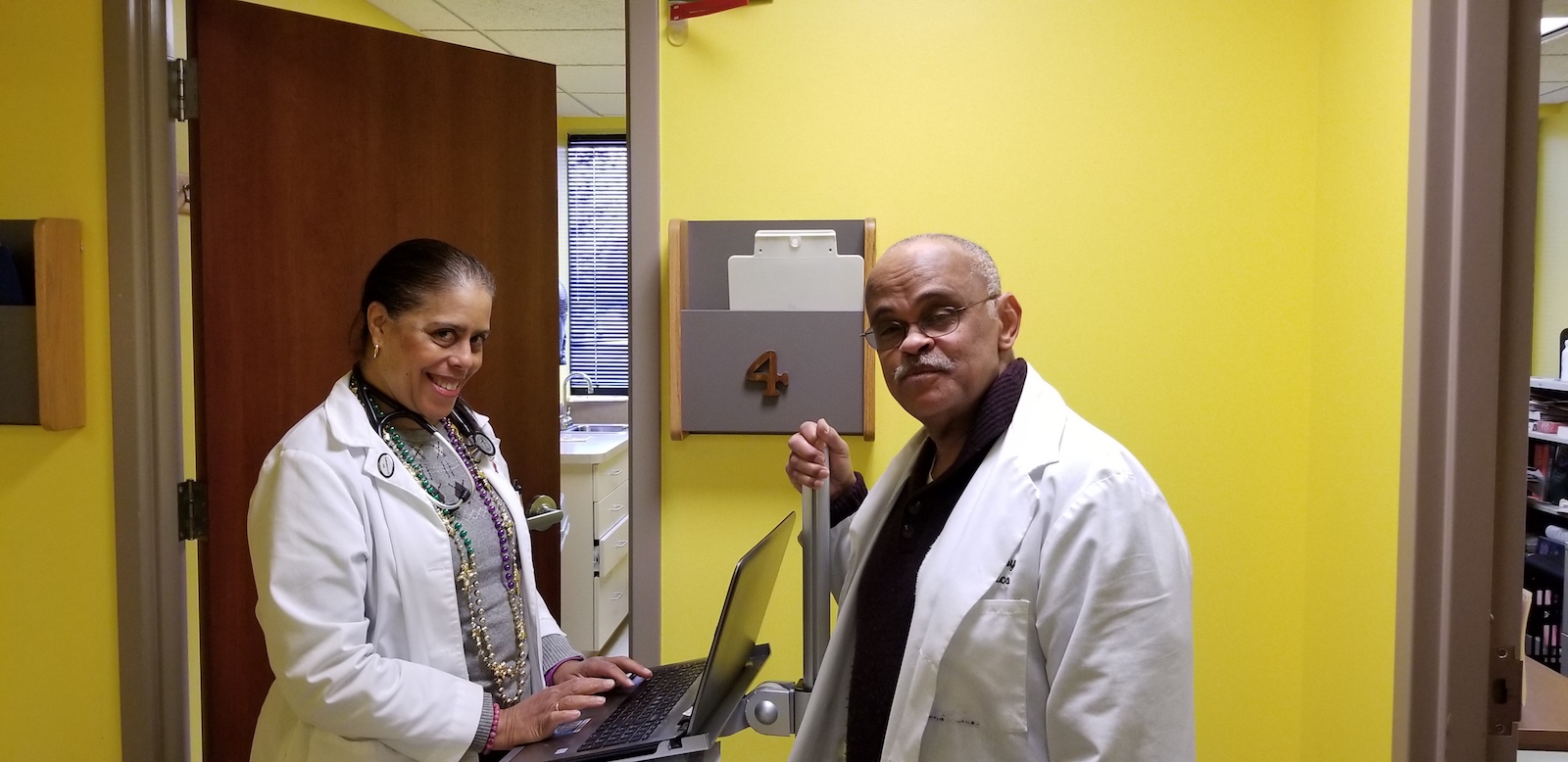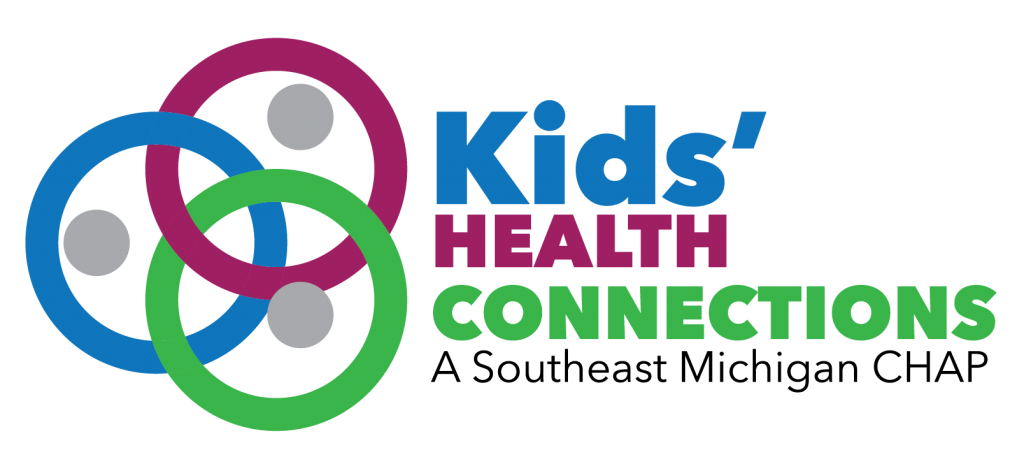
Continuous Quality Improvement (CQI) with primary care practices focuses on increasing well child visit rates and improving the experience for families. Working with individual practices, KHC staff work to obtain input from multiple stakeholders (clinicians, nursing/medical assistant staff, front office staff, patient families and more), and then collaboratively brainstorm goals to be attained and ways to improve. Using a broad array of tools that cover the gamut of both warm-touch and tech-based options, KHC staff works in conjunction with Medicaid health plans and primary care practices to address barriers.
The goal is to make preventive care services as easy as possible to both receive and deliver.
Warm outreach consists of phone calls by KHC Community Health Workers to families to identify where resources are needed. In 2020 over 11,000 interactions with families took place.
Resources provided to FAMILIES include:
- Supporting families in scheduling appointments and communicating with their primary care providers (PCP) – vaccinations, well-child visits and more
- Food boxes from Eastern Market
- Notices about utility and rent support
- Clothing drives/giveaways
- Parenting training including but not limited to early language development
- Assistance with accessing behavioral health services
- Assistance with childcare resources
- Assistance with accessing Medicaid-provided transportation services
- Linkages to on-line developmental screening
Continuous Quality Improvement (CQI) with PRACTICES is tailored to what the PCPs’ greatest needs are.
CQI projects involving PCPs include:
- Making it easier for PCPs to complete developmental screenings using on-line systems
- Addressing immunization and lead screening gaps for young children, an area that has been particularly hard hit by the pandemic
- Working to improve ease of provider/patient communication by maximizing existing patient portals
- Assisting PCPs in becoming trauma-informed practices


